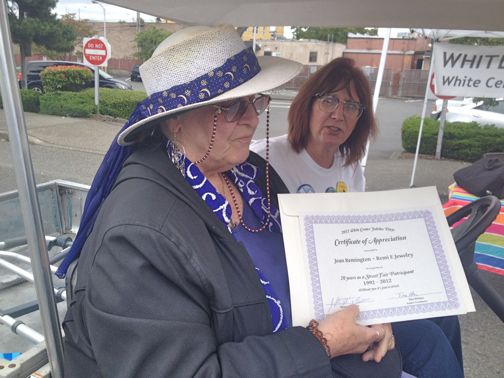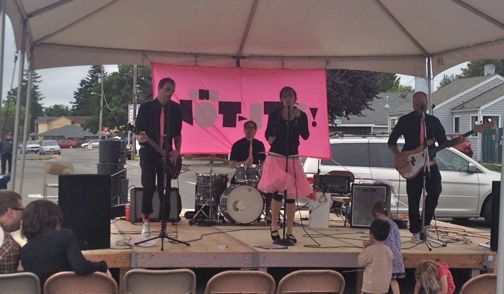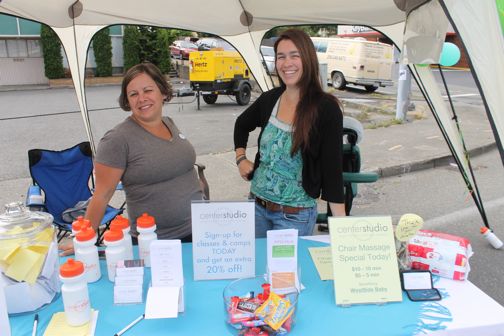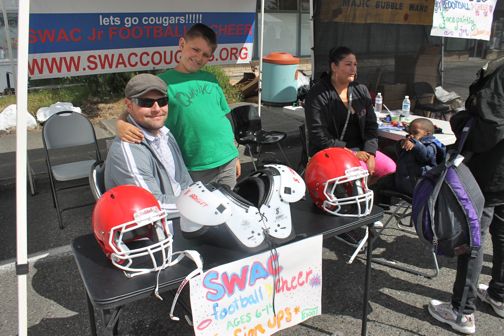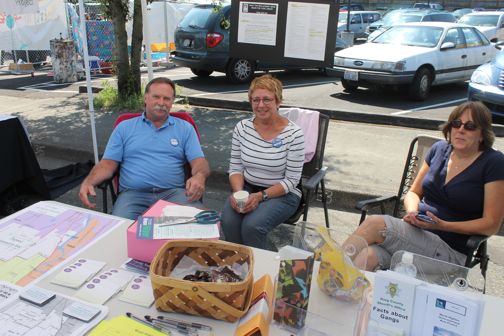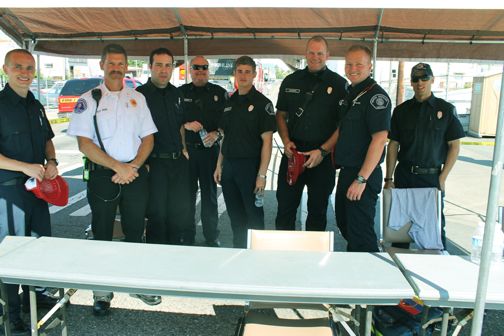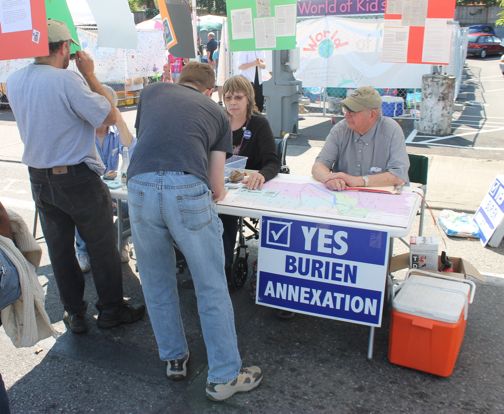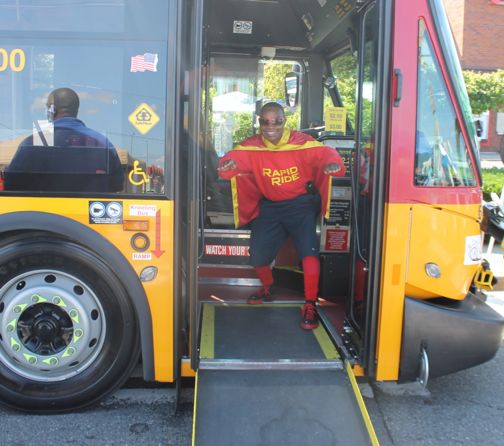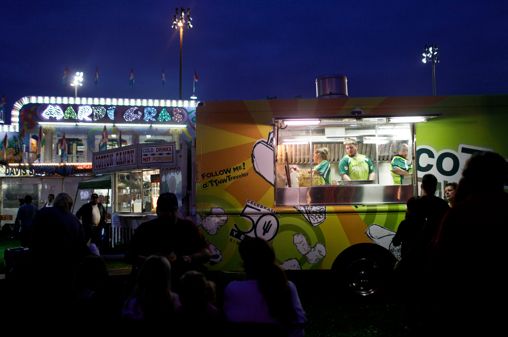The man arrested in connection with the July 13th holdup at White Center’s KeyBank is now charged with attempted first-degree robbery, and court documents say he may be a suspect in two other robberies.  Now that he is charged, we will identify him by name – Justin Schupp. Court documents say he entered the bank that afternoon and gave a teller a note saying, “You have 10 seconds to calmly give me all the $100’s in your drawer. This is not a joke. I will f***ing shoot you.” The teller looked at him, the investigator’s narrative says, and “pushed the note back to him,” then “stepped backward in fear.” With that, he “grabbed the note and fled on foot … no cash was taken.”
Now that he is charged, we will identify him by name – Justin Schupp. Court documents say he entered the bank that afternoon and gave a teller a note saying, “You have 10 seconds to calmly give me all the $100’s in your drawer. This is not a joke. I will f***ing shoot you.” The teller looked at him, the investigator’s narrative says, and “pushed the note back to him,” then “stepped backward in fear.” With that, he “grabbed the note and fled on foot … no cash was taken.”
The robbery attempt was captured on video surveillance, and, according to the court documents, a deputy who saw that video recognized Schupp in a set of photos at the Burien Police precinct, depicting “known criminals” operating in the Burien/White Center area. Turns out the same deputy actually spoke with Schupp two hours before the bank incident, because he was a witness to a car crash at Roxbury/17th – just a block from the KeyBank. And, the charging papers say, once the photo of Schupp was circulated to other officers on July 16th, within half an hour, a deputy recognized him as someone he’d dealt with a year earlier. Then last Wednesday, once the photo also was distributed to media (we published it here), a near-deluge of tips came in, identifying the robber as Justin Schupp, including some from people close to him. The court documents note that of all the tips they received, he was the only person mentioned. They arrested Schupp at 6 pm Wednesday, at which time, court documents say, “he was wearing the same gray fleece hooded jacket and the same tennis shoes as seen in the video the day of the robbery.”
The King County Jail Register says he’s being held in lieu of $35,000 bail. Just ten days before his arrest, he got out of jail after six days related to a case of trafficking in stolen property. The King County Prosecuting Attorney’s Office says he is due for arraignment on August 6th.



